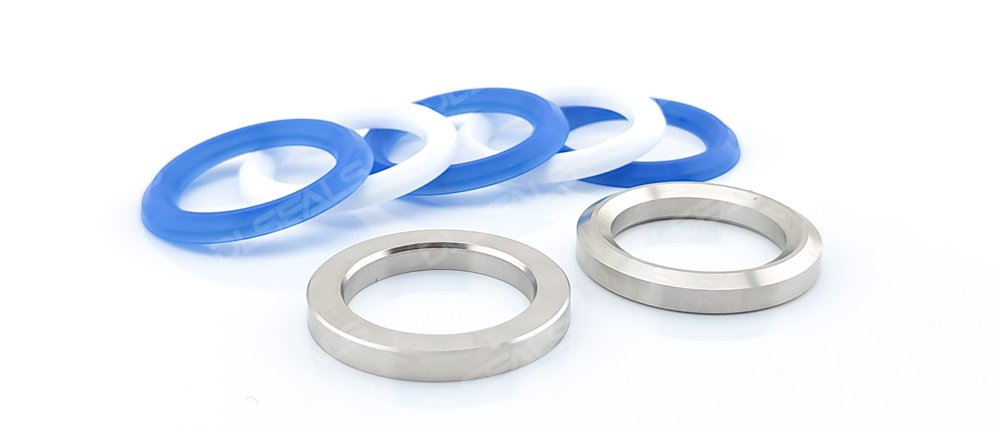Seals play a critical role in ensuring the reliability and longevity of industrial equipment exposed to harsh chemical environments. These seals, made from fluoroelastomer materials, are renowned for their exceptional resistance to a wide range of chemicals, including acids, fuels, oils, and solvents. This makes them indispensable in applications where maintaining seal integrity amidst aggressive substances is paramount.
Understanding Viton Seals
Viton is a brand of fluoroelastomer known for its outstanding thermal stability and chemical resistance. It is composed of fluorine, carbon, hydrogen, and occasionally other elements like vinylidene fluoride. This unique composition gives Viton seals their resilience against degradation caused by chemicals and high temperatures.
Key Benefits of Viton Seals
Chemical Resistance: Viton seals excel in environments where exposure to acids, bases, fuels, hydraulic fluids, and solvents is common. They resist swelling, degradation, and mechanical wear under these conditions.
Temperature Resistance: They perform well across a broad temperature range, typically from -15°C to 200°C (-5°F to 392°F), making them suitable for both hot and cold applications.
Seal Integrity: Viton seals maintain tight seals over extended periods, reducing the risk of leaks and ensuring operational reliability.
Longevity: Due to their robust nature, Viton seals have a longer service life compared to seals made from other materials, minimizing maintenance costs and downtime.
Applications of Viton Seals
Viton seals find widespread use in various industries including:
Automotive: Sealing components in engines, fuel systems, and transmission systems.
Chemical Processing: Pumps, valves, and seals in chemical handling equipment.
Oil and Gas: Sealing applications in drilling equipment, pipelines, and refineries.
Aerospace: Critical seals in aircraft fuel systems and hydraulic systems.
Medical: Seals used in medical devices and pharmaceutical processing equipment.
Factors Influencing Seal Performance
Several factors impact the performance of Viton seals in chemical environments:
Chemical Concentration: Higher concentrations of certain chemicals may affect seal integrity over time.
Temperature Extremes: Extreme temperatures can influence the seal’s flexibility and durability.
Physical Stress: Mechanical stress and friction from equipment operation can affect seal longevity.
Compatibility Testing: Proper material selection and compatibility testing ensure optimal performance in specific chemical applications.
Conclusion
Viton seals are indispensable for industries requiring reliable performance in challenging chemical environments. Their exceptional chemical resistance, combined with high temperature tolerance and longevity, make them a preferred choice for critical sealing applications. By understanding their composition, benefits, and application considerations, industries can effectively enhance equipment reliability and mitigate operational risks.
In summary, Viton seals represent a crucial investment for industries seeking durable and effective sealing solutions in the face of diverse chemical challenges.
Post time: Jun-22-2024

